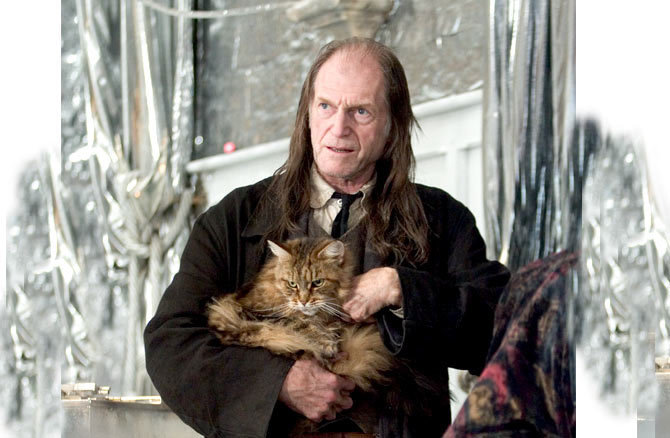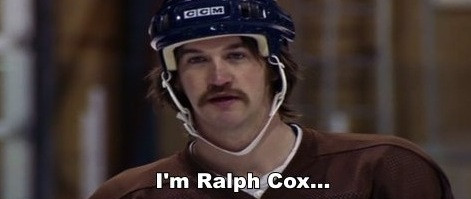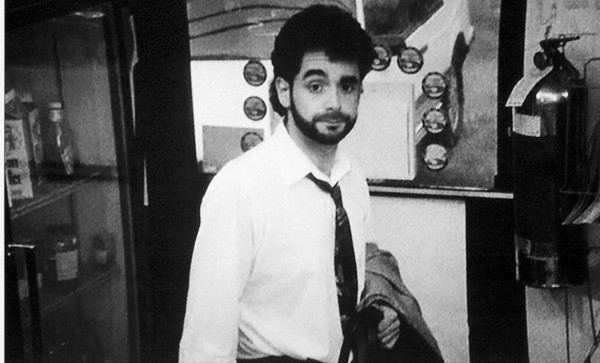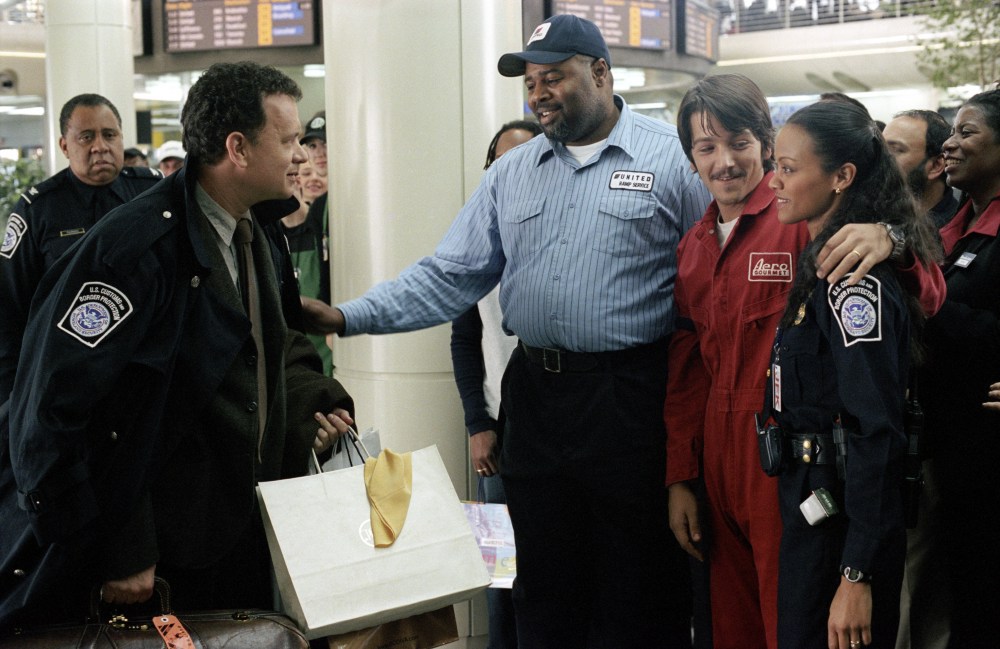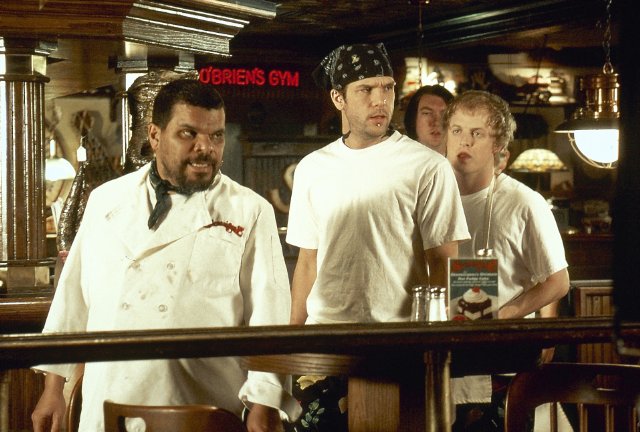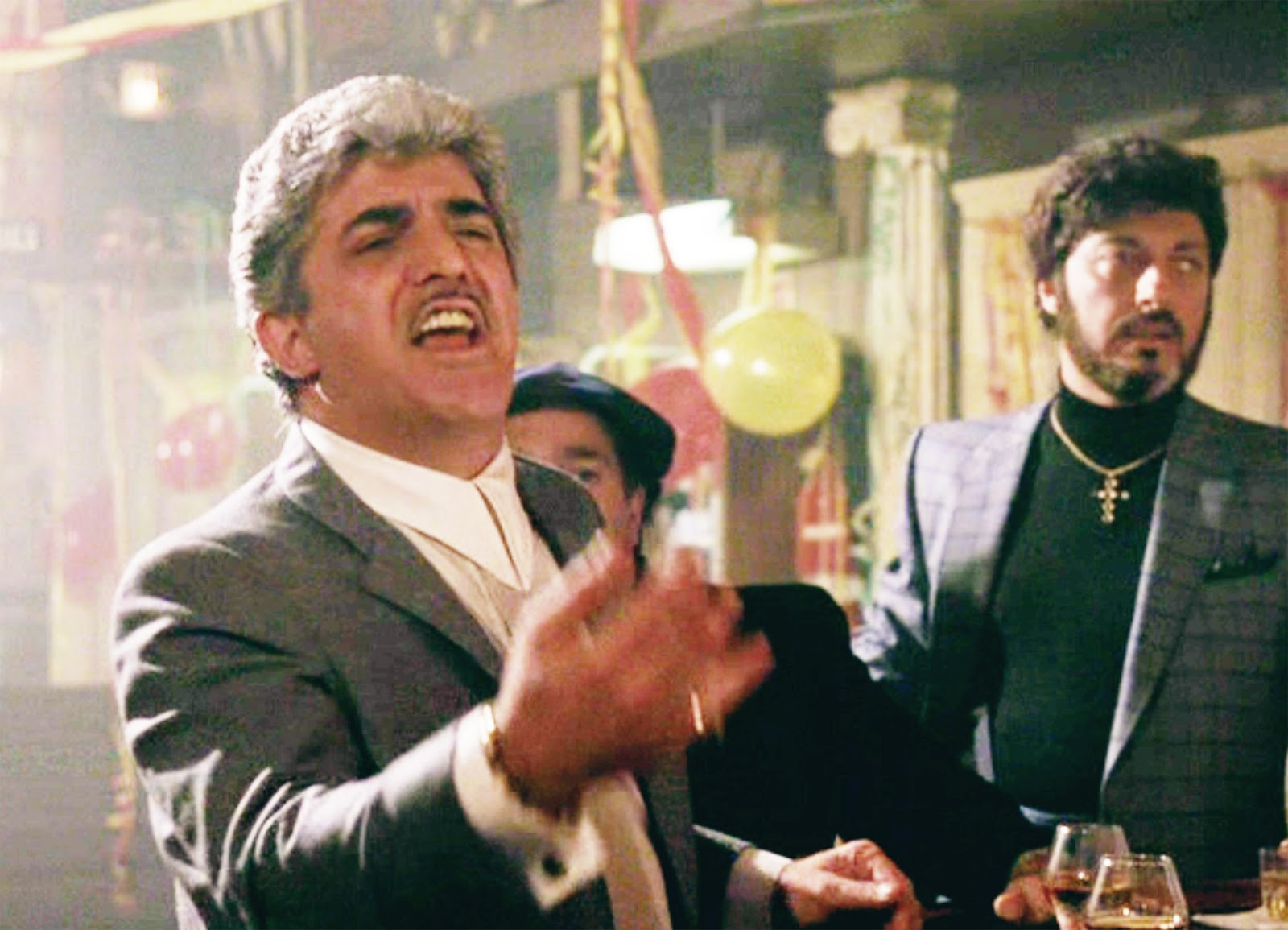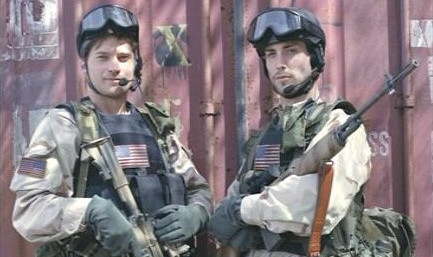14. Mr. Filch from Harry Potter
Mr. Filch gets a bad rep in the Harry Potter series. He is seen as a grumpy old janitor who hates everyone and gets joy out of students’ misfortune. Although this all may be true, it can be argued that he is this way for good reason. He was most likely teased as a child for being a squib (a muggle with magical parents). He is also well known for trying to punish many students for even the most minor violations of school rules, but if you take into account the fact that he’s had to deal with students trying to walk all over him for 20+ years, you could understand why he was so grumpy.
Despite the many mysterious passages and corridors in Hogwarts Castle, Filch has most likely seen many of them on his cleaning ventures as well as following ne’re-do-well students. He has been at Hogwarts longer than some of the teachers, and has probably seen more of Hogwarts than anyone else ever has.
Filch is like the living, breathing embodiment of Hogwarts: he knows the many secrets of the building, he often stays up late trying to protect the building from rule-breaking students, and he is objective in his punishments of students who break the rules. In a typical good-guy-always-wins fashion, most teachers would be more lenient if they found Harry or Hermione roaming the halls at night, as opposed to if Malfoy were. But Filch just cares about the rules and the protection of Hogwarts.
Argus Filch is a man who has been walked over both as a child and then as an adult and all he does is try to protect the castle he loves from what he sees as meddling kids. Sure, he may be a little too harsh on students, but after dealing with rude wizards and witches his entire life as they violate the rules of the castle, can you really blame him?
13. Ralph Cox from Miracle
Anyone who has seen the movie or knows the story of the 1980 Olympic Games knows the magnitude of a group of college kids beating the greatest hockey team on the planet for the previous 20 years. Just imagine this: the greatest rival the US had ever seen in its history had dominated the globe in a sport, and was representative of everything the US stands against.
The miracle that occurred in 1980 will go down in the history books, but one man who may not always be mentioned in those books is Ralph Cox. Going into tryouts with a killer mustache, Cox would become the last man standing who wouldn’t make the final cut. He’s the 21st man on a team of 20, and had to face the coach’s decision to not let him continue his pursuit of a dream. Every player on the roster was from either the Midwest, or Boston U. Ralph Cox was from University of New Hampshire, the secondhand hockey powerhouse.
Imagine how it would feel, playing on a team intent on making something great happen, and then being told you were being cut just before the team left for the games. It’d be rough, but Cox takes it like the honorable player he is. In the eyes of Herb Brooks he was the 21st best hockey player in the country, but that just wasn’t good enough to make it to the games. Some athletes would respond with anger, blaming the coach for being an idiot or criticizing the other players out of jealous envy, but Ralph Cox is able to see that a true teammate cares about the team whether or not they’re on it, and is able to move on and be a good sport.
12. Chewlies Gum Representative from Clerks
The beauty of capitalism is that a salesman will do virtually whatever it takes to sell a product, as long as it abides by ethical business practices (but sometimes not even then). This also includes denigrating other products to naïve customers, as well as alienating those who are annoyed by his practices.
This concept is perfectly embodied in Clerks, where a salesman actually carries around a diseased lung to convenience stores to advise people against smoking, just so they’ll buy gum instead. Just casually wooing his way into a riot against smoking and anyone who sells cigarettes, the Chewlies gum rep incites a protest against the “merchant of death.” This is followed by man telling people to buy something else, such as… Chewlies gum. Dante, the clerk, is quickly swept up in a barrage of verbal attacks and chanting, to which he falls victim.
This scene occurs at the beginning of the film, and sets up what will be the norm for the rest of Dante’s day at the store: playing victim to other people. Dante’s girlfriend fortunately comes in and saves him from everyone’s protests, revealing to the mob that this man is just trying to sell gum. Throughout the rest of the film, Dante always sees himself as a victim of various unfortunate circumstances and doesn’t do much to better his situation or stand up for himself, and he doesn’t realize till the end of the film that the only thing ever helping him was his lovely, caring girlfriend.
This Chewlies gum rep does little to help anyone besides himself and his company, but perhaps his greatness can be best characterized by the fact that he cares nothing for Dante’s wellbeing, and if Dante could only stand up for himself he could prevent this protest from forming in the first place.
11. Thurman from The Terminal
Often seen as a misstep in both Spielberg’s and Hanks’ careers, there are still some redeeming parts of The Terminal, mainly as a result of its characters. Frank Dixon (Stanley Tucci) is a despicable antagonist who gets joy out of making Viktor Navorski (Hanks) wait endlessly in the terminal. But his right hand man Thurman, the head of security, is less sadistic. Although Dixon is a leader of this administration that prevents Navorski from reaching his goal, Thurman’s actions are able to prove that this isn’t true of the entire administration.
Although the technicalities of international travel may be difficult to get through, Tom Hanks is able to still hold some optimism. Throughout the movie, it seems like Viktor is never going to be able to make it to New York because of US immigration law as well as how cruel Dixon is. But what the audience is eventually able to see is that the people that make up the administration are still good people, and that despite the odds being stacked against him there are still good people who want to help him.
Thurman is the head of security, and in the end is the one who lets Viktor into New York. Every order that Dixon gives him he carries out unwillingly, and eventually decides to stand up to his boss and be the bigger man. Thurman is able to prove that just because the boss stands against something, doesn’t mean the rest of the people in the administration do.
For the entirety of the film the administration seems to always stand in Viktor’s way, but by Thurman’s actions to let Viktor leave the terminal he is able to prove that it is people who have the say in the end, not just the rules. It’s people who make up the rules and people who enforce them, and in the end the morals of people will determine what the end result will be. Thankfully, Thurman chooses the higher road and let’s Viktor go despite being ordered not to.
10. Floyd from Waiting
Regardless of what you think of Dane Cook’s comedy, his character in Waiting is nothing short of a restaurant patron’s worst nightmare. He is the ultimate reminder that you can never escape karma, especially in the service industry. If you treat your service poorly, they’ll respond accordingly. The film offers insight into how difficult it can be for some restaurant workers dealing with unruly customers.
Although Floyd’s antics may seem very extreme, he is a chef for a restaurant that has to deal with way too many people’s crap and fights back against it. He responds to rude customers by defiling their meal, and offers one of the many gross-out scenes of the film. Like Jaws reminding people how dangerous it can be to go into the beach, Floyd reminds all of us how important it is to respect everyone that controls our food.
9. Billy Batts from Goodfellas
As any viewer of Goodfellas can see, Tommy DeVito was crazy from the moment he became a gangster. This film is a true story of how unruly and unpredictable the gang world is, and even when there are established “rules” in the criminal world, there is no honor among criminals.
When we meet Billy Batts, you can tell that there is no respect between him and Tommy. He insults Tommy, a man known for offended by anything, and Tommy responds with nothing but begrudged acknowledgement. Batts is a “made man,” and so is untouchable as far as Tommy is concerned. But after endless insults about his days as a shoeshine, Tommy finally snaps and beats, stabs, and shoots the life out of Batts. This scene is a turning point in the film, as the antics of Henry Hill and his accomplices quickly go awry.
Billy has relatively little screen time, but the significance of his taunts and murder by Tommy quickly prove to the audience and the characters in the film that Tommy is too crazy to be associating with, and that the high life of being a gangster is not what it seems. The murder of Billy Batts quickly changes the tone of the film and shows how just one simple act can completely change the course of events in a story.
8. Sgts. Gordon and Shughart from Black Hawk Down
Delta Force is a Counter-terrorist section of the US military that officially does not exist. The soldiers that make up this unit are the best of the best of the best, and are often trained in all types of warfare to combat terrorists around the world. They know that, if they do their job right, no one will ever hear about what they did. They are soldiers that seek no glory or fame, but just want to do their job and protect their country.
Black Hawk Down is the story of the Battle of Mogadishu, in which 18 American servicemen were killed after an entire city of armed insurgents began to surround and overwhelm them. During the battle, two Black Hawk helicopters crashed, and the primary mission of the battle quickly became rescuing the pilots that were shot down.
One of the Delta Force members was Sgt. Gary Gordon (played by Nikolaj Coster Waldau, a young Jaime Lannister), who along with Randall Shughart give their lives to protect the pilot of a downed Black Hawk. It is at a point in the battle in which all seems lost, and the rescue mission to the helicopter to see if anyone is even still alive is a suicide mission, but Sgt. Gordon and Shughart run straight into fire to rescue their fellow soldier.
Never giving up, Sgt. Gordon continues to defend the area and protect the downed pilot. Their mastery of firearms gives them the advantage of being able to kill many insurgents, but the thousands of Somalians are eventually able to overwhelm the two men. They fight till every weapon on their person is out of ammo, and never retreat. Their part in the film is relatively small, but manages to save the life of the Black Hawk pilot who crashes. Both soldiers were awarded the Medal of Honor.
